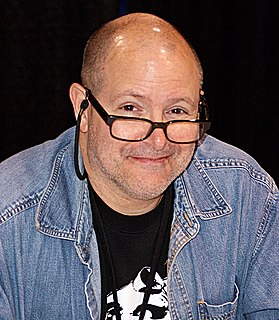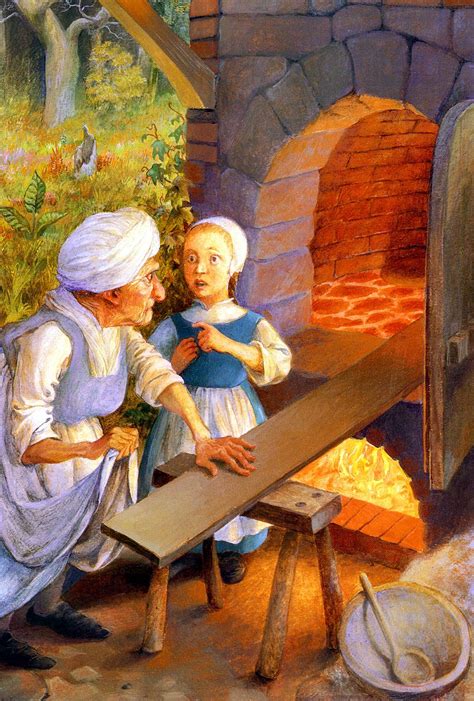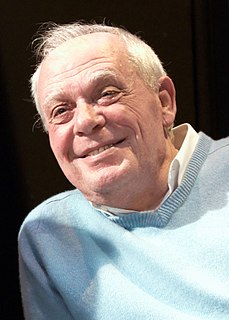A Quote by C. S. Lewis
Because, as we know, almost anything can be read into any book if you are determined enough. This will be especially impressed on anyone who has written fantastic fiction. He will find reviewers, both favourable and hostile, reading into his stories all manner of allegorical meanings which he never intended. (Some of the allegories thus imposed on my own books have been so ingenious and interesting that I often wish I had thought of them myself.)
Quote Topics
Almost
Almost Anything
Any
Anyone
Anything
Because
Been
Book
Books
Both
Determined
Enough
Fantastic
Fiction
Find
Had
His
Hostile
Imposed
Impressed
Ingenious
Intended
Interesting
Know
Manner
Meanings
My Own
Myself
Never
Often
Own
Read
Reading
Reviewers
Some
Stories
Them
Thought
Thus
Which
Will
Wish
Written
Related Quotes
There is only one way to read, which is to browse in libraries and bookshops, picking up books that attract you, reading only those, dropping them when they bore you, skipping the parts that drag-and never, never reading anything because you feel you ought, or because it is part of a trend or a movement. Remember that the book which bores you when you are twenty or thirty will open doors for you when you are forty or fifty-and vise versa. Don’t read a book out of its right time for you.
Of course all children's literature is not fantastic, so all fantastic books need not be children's books. It is still possible, even in an age so ferociously anti-romantic as our own, to write fantastic stories for adults: though you will usually need to have made a name in some more fashionable kind of literature before anyone will publish them.
If you are resolutely determined to make a lawyer of yourself, the thing is more than half done already. It is but a small matter whether you read with anyone or not. I did not read with anyone. Get the books, and read and study them till you understand them in their principal features; and that is the main thing. It is of no consequence to be in a large town while you are reading. I read at New Salem, which never had three hundred people living in it. The books, and your capacity for understanding them, are just the same in all places.
A writer writes a book. People read it. You don't know what they're reading, really. You read a review and think, "That is so inaccurate. You can't have been reading my book with any kind of attention, because that is all wrong, that's even the wrong name you're including there." But these reviewers have been diminished in importance, the work is so little respected. If you're reviewed by a real critic, by James Wood or Louis Menand, then you get something that is informed, interesting, and highly articulate. But the average review doesn't have that kind of depth anymore.
Master those books you have. Read them thoroughly. Bathe in them until they saturate you. Read and reread them…digest them. Let them go into your very self. Peruse a good book several times and make notes and analyses of it. A student will find that his mental constitution is more affected by one book thoroughly mastered than by twenty books he has merely skimmed. Little learning and much pride comes from hasty reading. Some men are disabled from thinking by their putting meditation away for the sake of much reading. In reading let your motto be ‘much not many.
A book is a map. There will be times in your life when you will feel lost and confused. The way back to yourself is through reading. There is not a problem in existence that has not been eased, somewhere and at some time, by a book. I want you to remember that.The answers have all been written. And the more you read, the more you will know how to find your way through those difficult times.
Baltimore was never intended to be anything other than this original novel that Chris Golden and I did together. There was never any thought of this thing going on and becoming a series. If there's any common thing between these characters, it's that they weren't anything I was seeing in comics. Almost everything I've done is something I wish somebody else was doing, because it's what I'd like to read.
When it came time to make the audiobook, Audible did an ingenious thing: they asked both Wil Wheaton and Amber Benson to record entire versions of the book. As the author, I'm impressed with Audible's commitment to my narrative -- and I'm geeking out that both Wil and Amber are reading my book. This is fantastic.
Give yourself unto reading. The man who never reads will never be read; he who never quotes will never be quoted. He who will not use the thoughts of other men’s brains, proves that he has no brains of his own. You need to read. . . . We are quite persuaded that the very best way for you to be spending your leisure time, is to be either reading or praying. You may get much instruction from books which afterwards you may use as a true weapon in your Lord and Master’s service. Paul cries, “Bring the books” — join in the cry.
In its jolly mission to expose the dark underbelly of the children’s book world, Wild Things! turns up stories I’ve been hearing noised about for ages, but with a lot more detail and authenticity. The stories may not be quite as sordid as my own imagination had conjured up—although a few of them are—because there’s no denying that this field is full of mostly nice people!—but it’s all fun and a great read for anyone interested in both children’s books and the collection of people who make them.



































